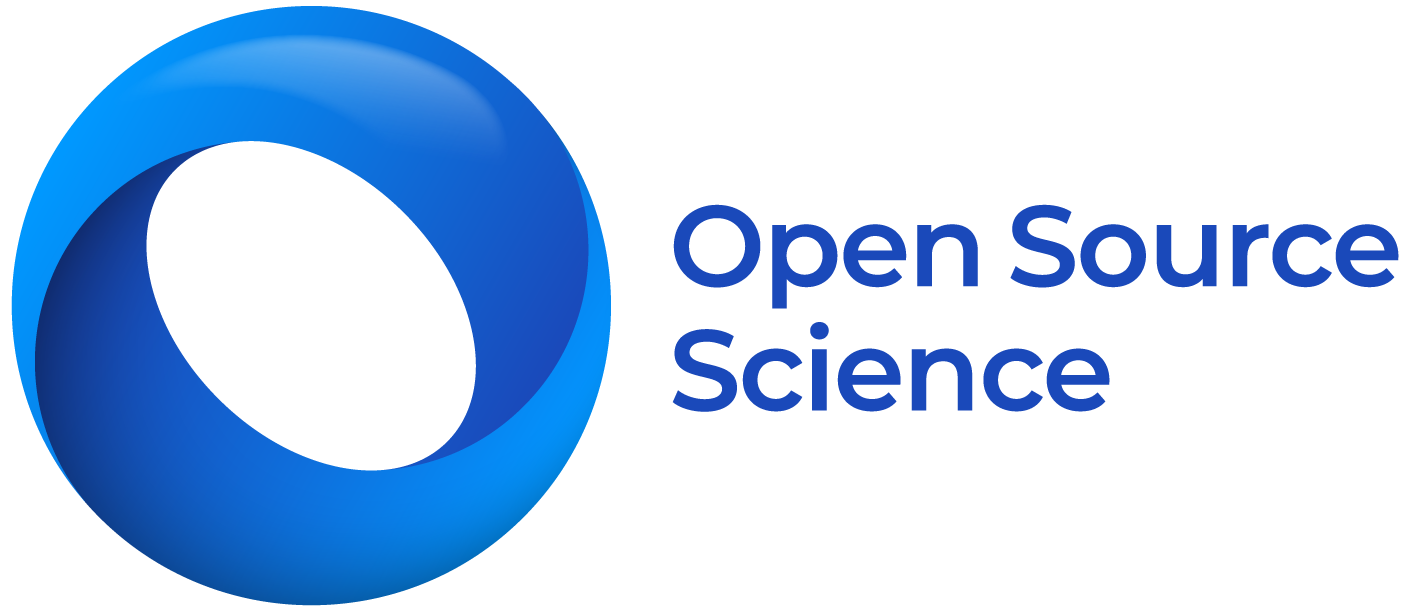F1000Research
F1000Research, a scientific journal with a strong focus on open access and life sciences, operates quite differently than even the average open access journal. The team there uses new approaches to publishing scientific research; a few of their most noticeable characteristics are:
rapid publication checked in less than 48 hours, normally published within a week
a transparent process from start to finish
open access articles licensed under Creative Commons licenses
open data licensed CC0
information provided on the software used
F1000Research is able to publish quickly because peer review takes place after publication. Most journals do not publish until after peer review has been completed, which can take several months (or more). The peer review process is open too; reviewers are identified by names and published alongside the papers for all to see. Rebecca Lawrence, managing director at F1000 Research, explains that they have found this often makes reviews more constructive, while allowing the reviews to continue to remain critical. In addition, using this process makes it more difficult to hide conflicts of interest, like those that are more likely to creep into the traditional anonymous peer review as it is traditionally practiced for most journals, both open and closed, at the present time.
Journal articles have also evolved. Instead of just static snapshots of results, F1000Research articles are living, versioned documents with unique digital object identifiers (DOIs) for each version. See an example of the versioning process on this paper. F1000Research also publishes articles on software and supports organizing collections such as this one on BioJS software. The F1000Research team also encourages publication of citable scientific data under a CC0 license. This example of data publication shows download statistics, hosting of relatively large files supporting the publication inline available for all to download.
By partnering with organizations like Mozilla Science Lab and Figshare, F1000Research is able to create individual DOIs for figures, data, and more. And, partnering with WriteLaTeX allows the journal to simplify the process of writing and submitting articles through the seamless submission with the platform. Both readers and machines using XML then have access to the articles.
F1000Posters is an additional offering by the journal, enabling an open process for publishing posters and slides from scientific meetings. These documents can be deposited without charge, are not peer-reviewed, and encourage keeping the posters and slides authored for scientific meetings available more permanently.
As open access in scientific research and across the journals that publish their findings improve and become even more open and transparent, F1000Research promises to be an innovative leader.


